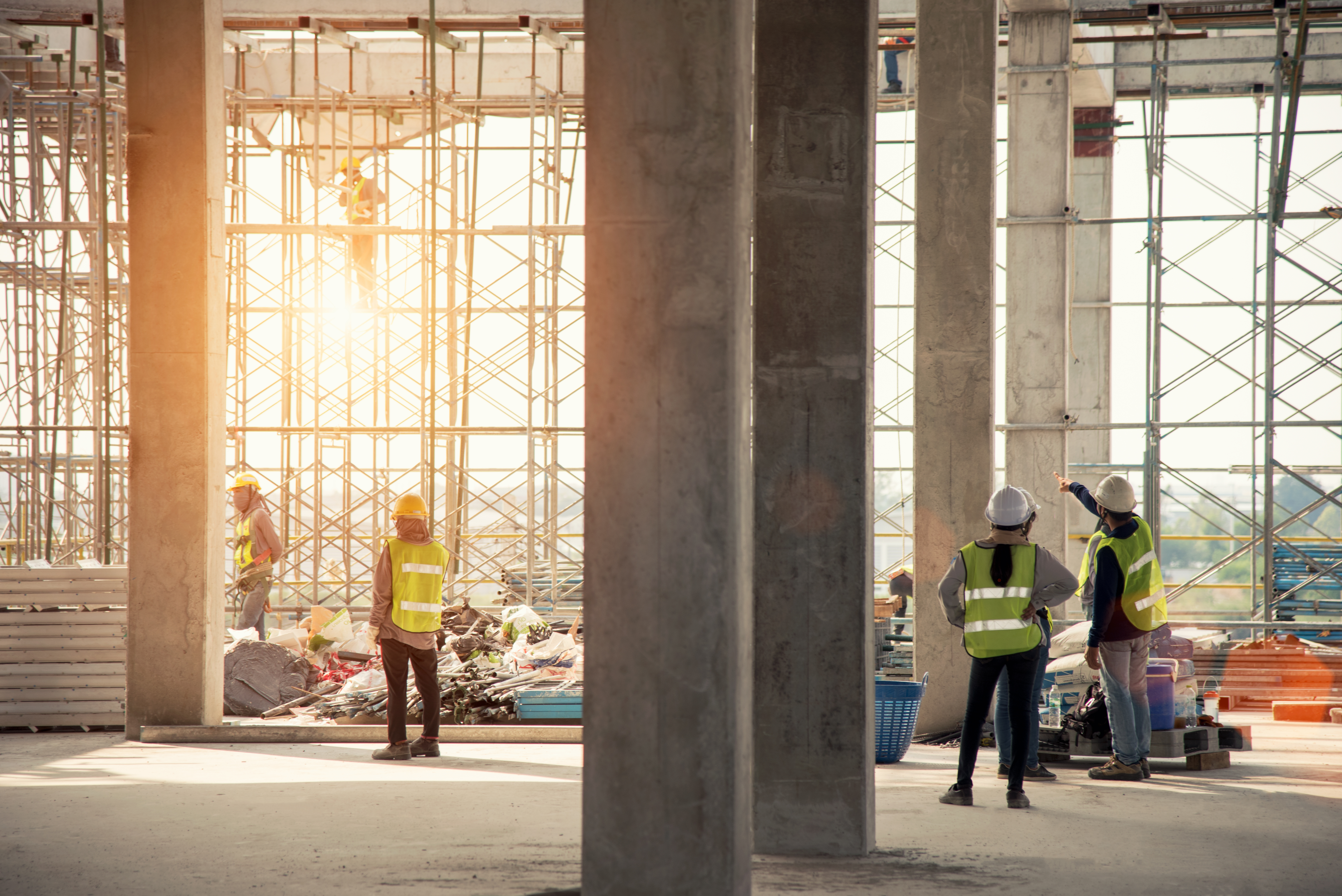SILICOSIS: WHAT YOU NEED TO KNOW

There is a growing concern as more and more workers in Australia are being infected with the deadly respiratory/lung disease that goes by the name of Silicosis.
What is silicosis?
Silicosis, also known as RCS (respirable crystalline silica), is contracted when a worker is exposed to the dust from crystalline silica, a common mineral that is found in most rocks, sands, and clays and also products such as concrete, mortar, brick, and blocks. It can also be found in cement-based materials such as fiber-cement sheeting and concrete.
Most of the infected are construction workers that have been exposed to the dust in some way, and the proper precautions have not been taken to prevent infection.
Since there is no cure for RCS at this time, once infected the disease takes over. It may take as long as 10 years to manifest, or as short as a matter of months, but no matter the length of time, symptoms eventually show.
There is no cure for the disease so the best way to contain it is through prevention. And that falls upon employers to ensure that they are enforcing it. Especially since if they have infected workers they will be required to pay compensation.
Preventing silicosis at the workplace
There are various ways that employers can ensure that they are taking the steps necessary to try and contain RCS.
The first, and most important, is educating your workers about the dangers of silica, and how to look for the signs that they have been infected.
Your works need to be aware that the dust from crystalline silica is not visible to the eye or seen in ordinary light, and therefore there is no way of knowing if you have been exposed until they are already infected.
How prevalent is silicosis in Australia?
According to WorkCover Queensland, it typically takes decades of breathing in silica dust to develop silicosis, however the disease is more common here than you may think.
The Cancer Council indicated that approximately 587,000 workers in Australia were exposed to silica dust while working in 2011.
Around 5,758 of those are estimated to develop lung cancer in the future as a result of that exposure.
Exposure to silica at the construction site
Since there are many jobs that construction workers do, there are many ways that your workers may be at risk of inhaling silica, and that includes:
- Sandblasting
- Jackhammering
- Anything that involves concrete, such as drilling, sawing, grinding and polishing
- Rock drilling (and that includes cutting, chipping or polishing)
- Brick and/or tile cutting
- Tunneling
- Demolition
- Mining
- Laying Asphalt
- Stone countertop fabrication
- This list even includes pottery production and working on linings of rotary kilns and cupola furnaces
If employees have been working in an exposed area
Since at this time prevention is the only way to stop your workers from being infected and to control RCS exposure there are precautions that you, as an employer, should take and enforce:
- Enforce workers wearing protective equipment, like respirators when working with RCS
- Be sure and control the dust with the use of proper ventilation, and water spray (to reduce the dust in the air)
- If there is a risk of exposure to RCS try and eliminate those jobs
- If you can’t eliminate those jobs at least cut-down, or limit your workers exposure to RCS
- Encouraging workers to shower and change clothing before leaving the workplace so as not to spread the dust
- Encourage hand washing before eating food, and after working at any place or position that may have exposed them to RCS
If a worker suspects that they have Silicosis
Recently the NSW Government has provided medical screening services to both employers and people impacted by exposure to hazardous dust for over 40 years.
They are dedicated to working to identify and prevent illnesses, as well as improve quality of life for workers diagnosed with a dust disease and their families.
If you have a worker that suspects that they may have Silicosis, it is imperative that they contact their healthcare provider, or take advantage of the new state-of-the-art iCare Dust Diseases Clinic that was recently opened and have a free screening, that includes x-ray, full lung function test and a medical examination with a medical specialist done to determine whether or not they have been infected.
Maintaining proper safety protocol and taking preventative measures to be sure that your employees are at the lowest risk possible of infection should be every manager and business owner’s top priority.
